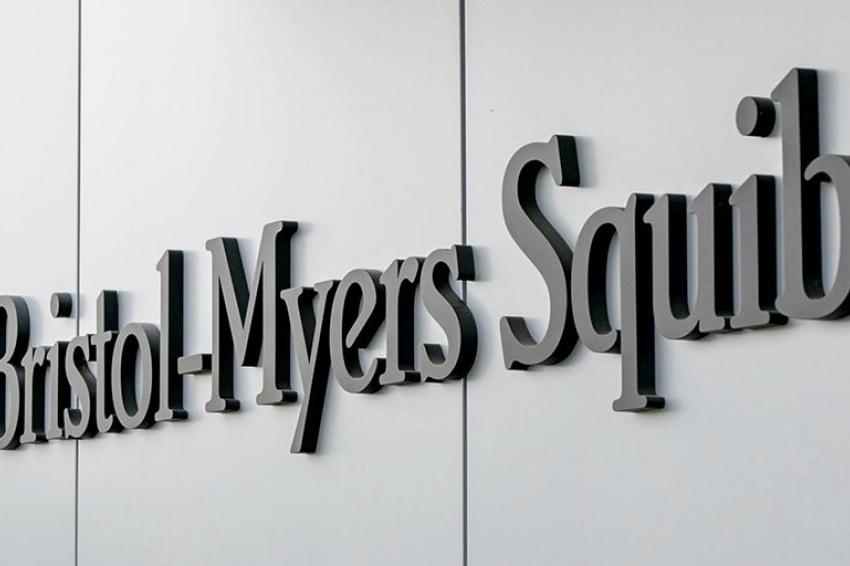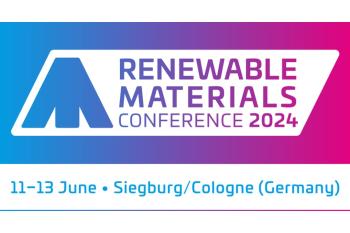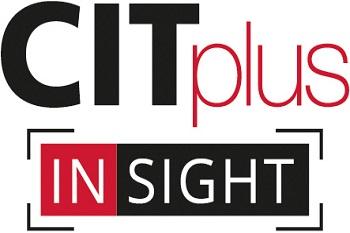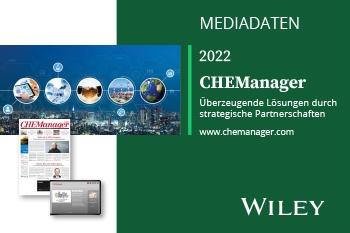Bristol-Myers Squibb Takes Celgene for $74 Billion
The cash-and-stock transaction values the US biotech at around $90 billion
In the first major pharma deal of the year, Bristol-Myers Squibb (BMS) is to acquire biotech giant Celgene for $74 billion.
The cash-and-stock transaction values the US biotech at around $90 billion, including debt, making it the largest healthcare deal on record, according to financial data company Refinitiv.
Celgene shareholders will get one BMS share and $50 cash for each Celgene share. They will also receive one tradable Contingent Value Right (CVR) for each Celgene share, which will entitle the holder to future payments on achieving regulatory milestones.
The boards of both companies have approved the merger, which they said will create a “leading focused specialty biopharma company well positioned to address the needs of patients with cancer, inflammatory and immunologic disease and cardiovascular disease.”
The transaction, which remains subject to approval by both BMS and Celgene shareholders along with the receipt of regulatory approvals and customary closing conditions, is expected to complete during the third quarter of 2019. Upon closure, BMS shareholders will own around 69% of the merged entity with Celgene shareholders owning about 31%.
BMS said the combination creates leading oncology franchises in both solid tumors and hematologic malignancies led by Opdivo andYervoy as well as Revlimid and Pomalyst; a top five immunology and inflammation franchise led by Orencia and Otezla; and the number-one cardiovascular franchise led by Eliquis.
The merged group will have nine products with more than $1 billion in sales and near-term launch opportunities with revenue potential of more than $15 billion. There are six drug launches anticipated during the next 12 to 24 months. These include two immunology and inflammation products – TYK2 and Ozanimod – and four hematology drugs – Luspatercept, liso-cel (JCAR017), bb2121 and Fedratinib.
Industry analysts said the merger will boost BMS’ pipeline as it seeks to defend its leading cancer drug Opdivo from competition, in particular Merck’s Keytruda. BMS also gains a promising experimental CAR-T therapy being developed by Juno Therapeutics, which Celgene bought last year for about $9 billion.
Analysts also point out that Celgene faces a huge patent cliff on cancer drug Revlimid, which generated sales of $8.2 billion in 2017, about 60% of its revenues. Copycat versions of Revlimid could launch as early as 2020 if generic drugmakers are successful in overturning Celgene’s patents, they said.
BMS is expecting to realize run-rate cost synergies of approximately $2.5 billion by 2022, with 55% coming from cuts in sales, general and administrative expenses, 35% through reduced R&D spending and a 10% cut in manufacturing costs. The US drugmaker said the deal will add more than 40% to its earnings in the first year after the transaction closes.
Chairman and CEO of BMS, Giovanni Caforio, will retain his position in the new company, and two Celgene board members will join the BMS board.
According to media reports, both companies have held talks during the past two years, with Caforio initiating more formal discussions last September.












